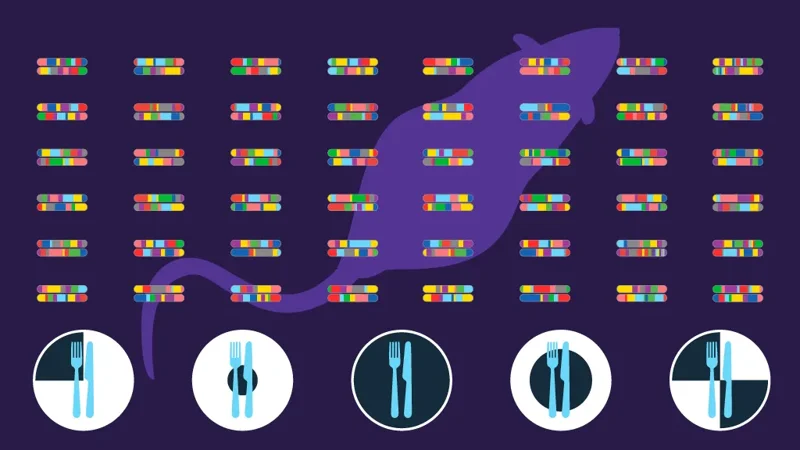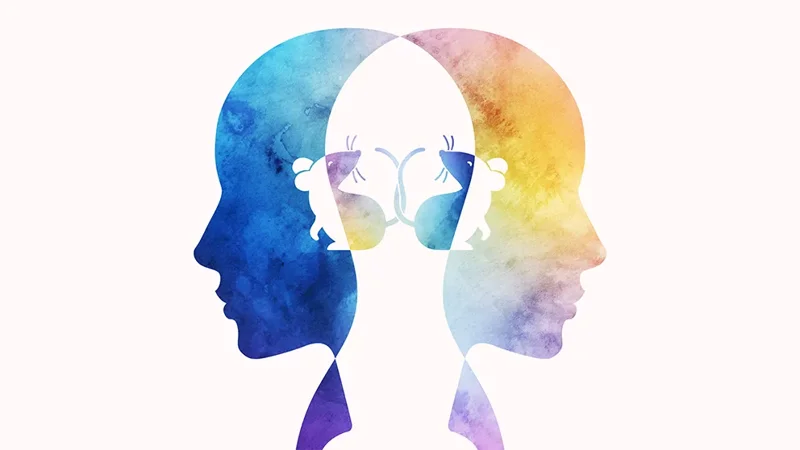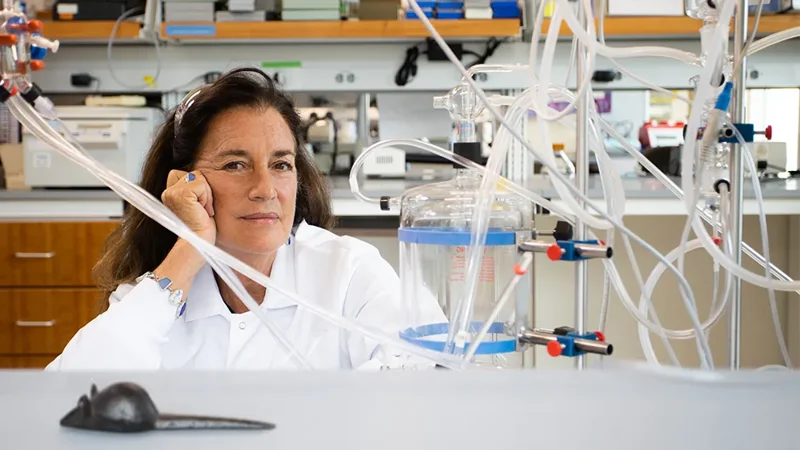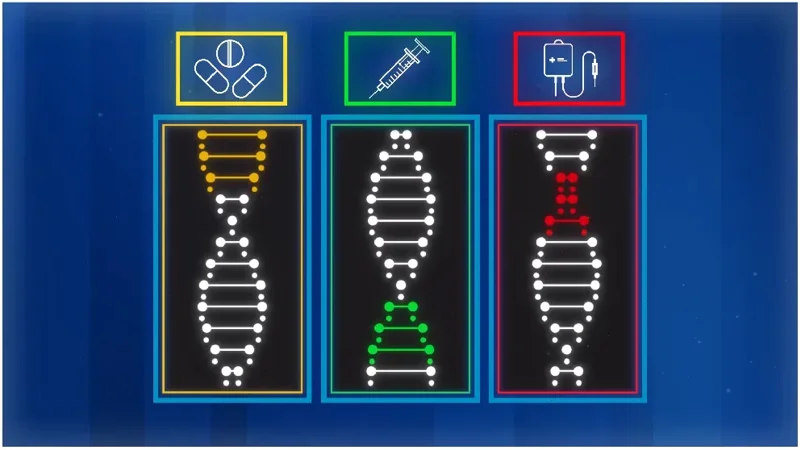The Gene Ontology (GO) project is a collaborative effort to address the need for consistent descriptions of gene products across databases. Founded in 1998, the project began as a collaboration between three model organism databases, FlyBase (Drosophila), the Saccharomyces Genome Database (SGD) and the Mouse Genome Database (MGD). The GO Consortium (GOC) has since grown to incorporate many databases, including several of the world's major repositories for plant, animal, and microbial genomes. The GO Contributors page lists all member organizations.

Researchers at The Jackson Laboratory conduct pivotal study into aging and lifespan to uncover new details about how diets might make people live longer — but also their negative side effects.

Diverse mouse models show promise in how we understand and treat diseases, offering a significant improvement over standardized but limited mouse and cellular models.

How working with genetically diverse could revolutionize our understanding of human disease and treatment.

Genetic testing is a powerful tool in the fight against cancer, playing a crucial role in both prevention and personalized treatment. But what exactly are the different types of genetic tests, and how do they help?